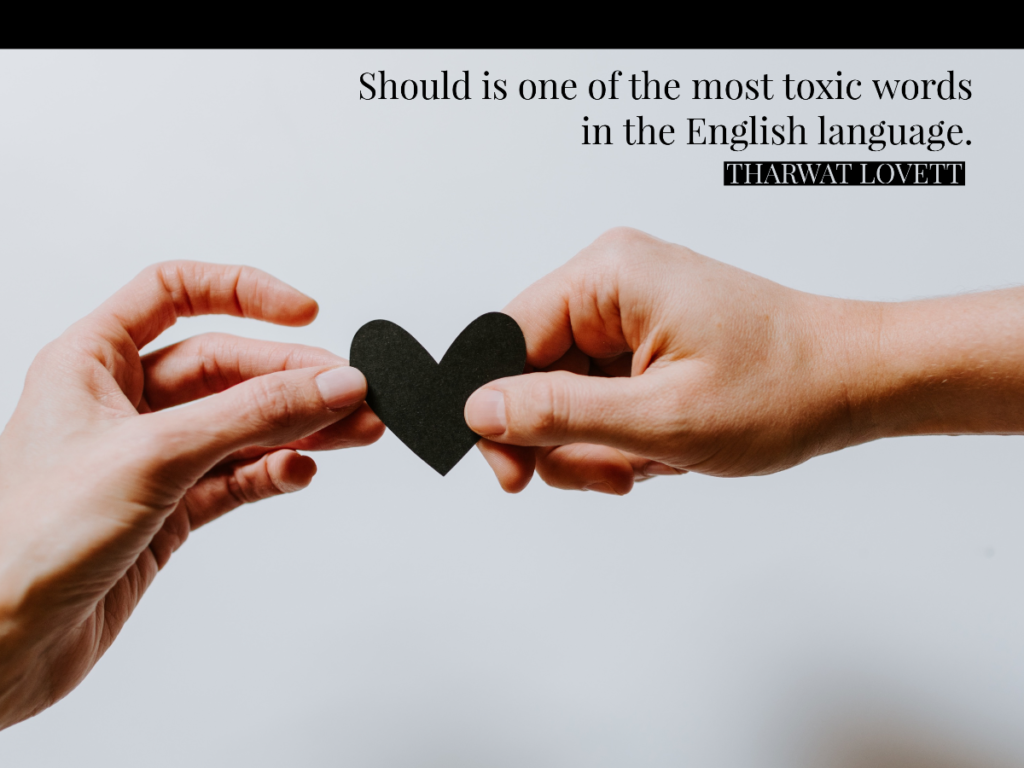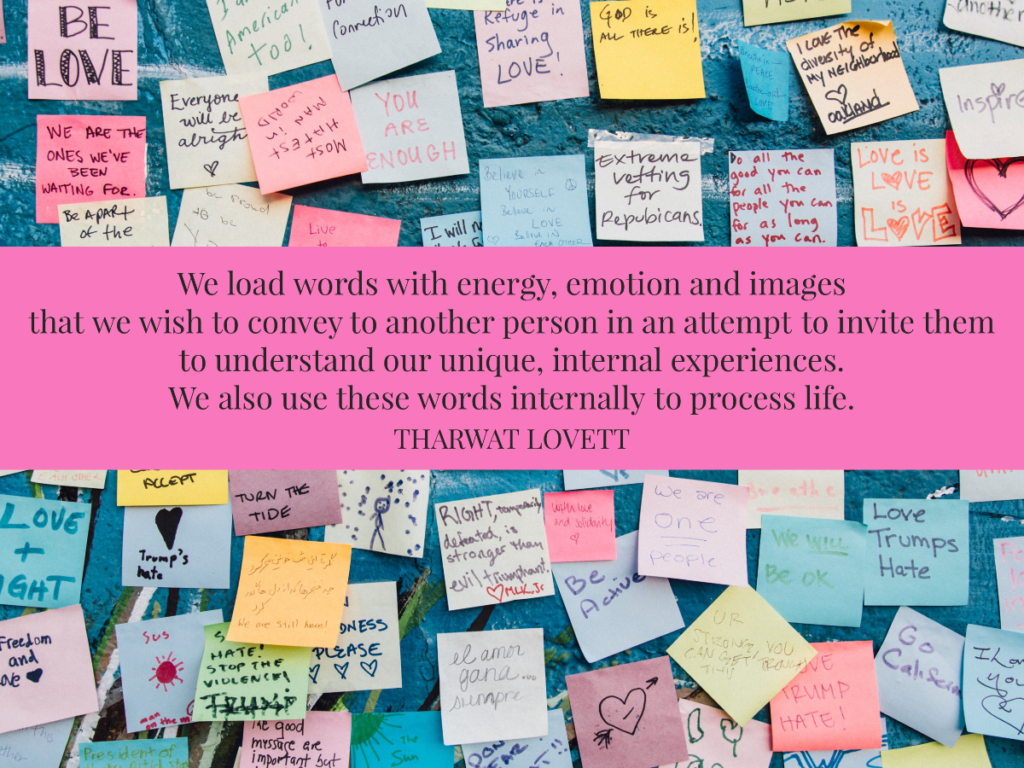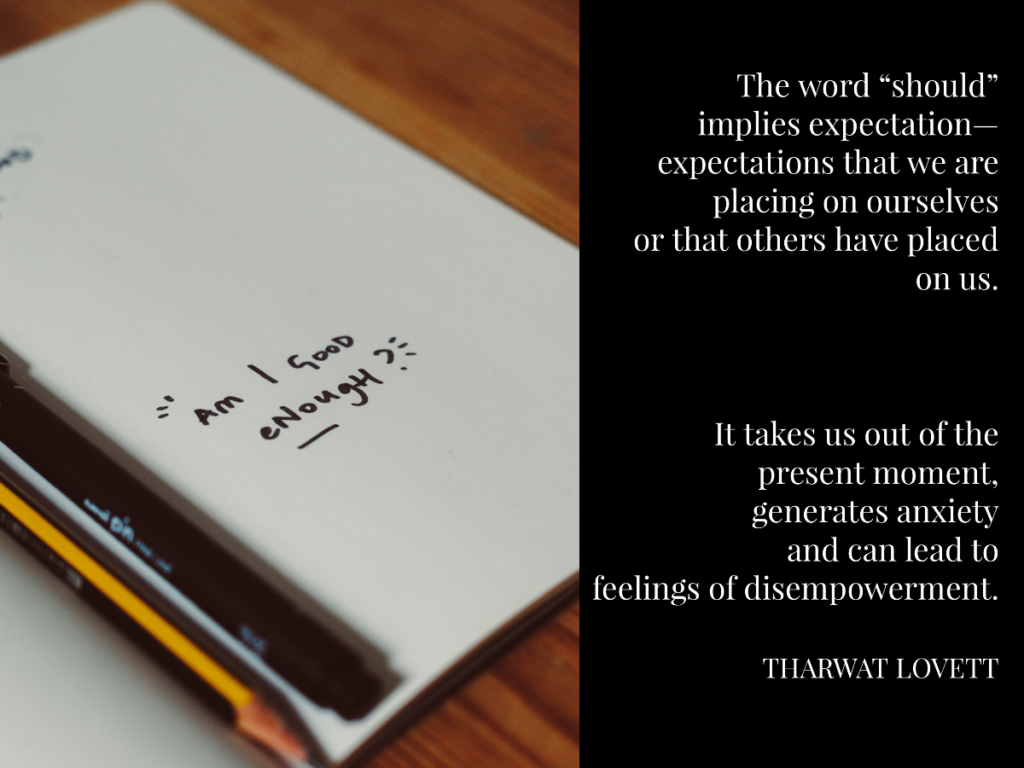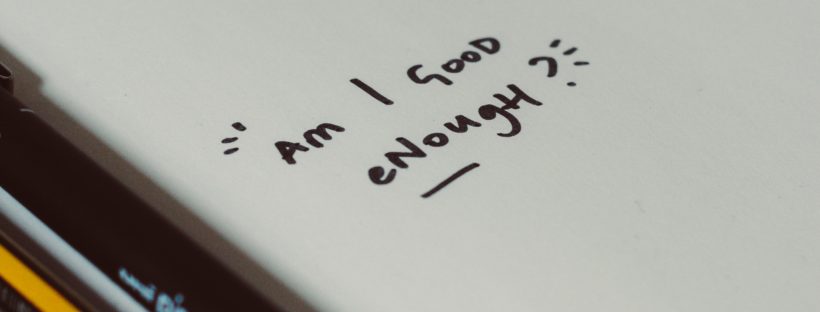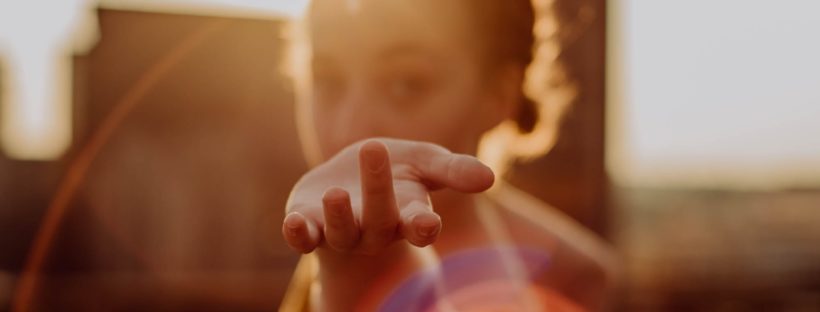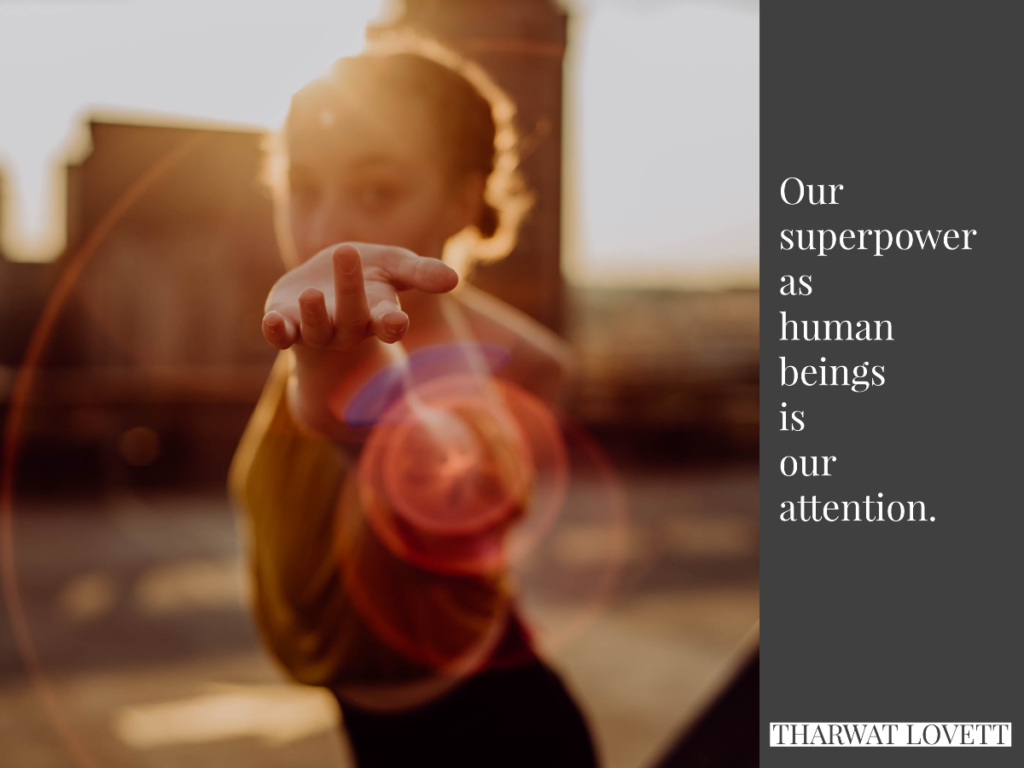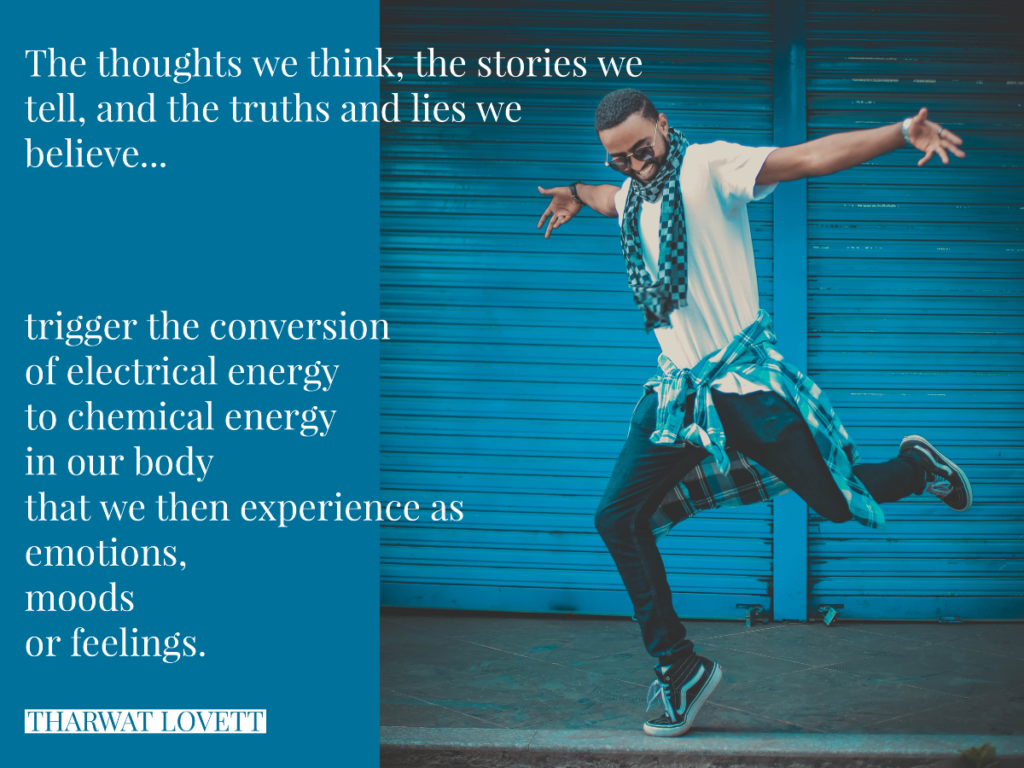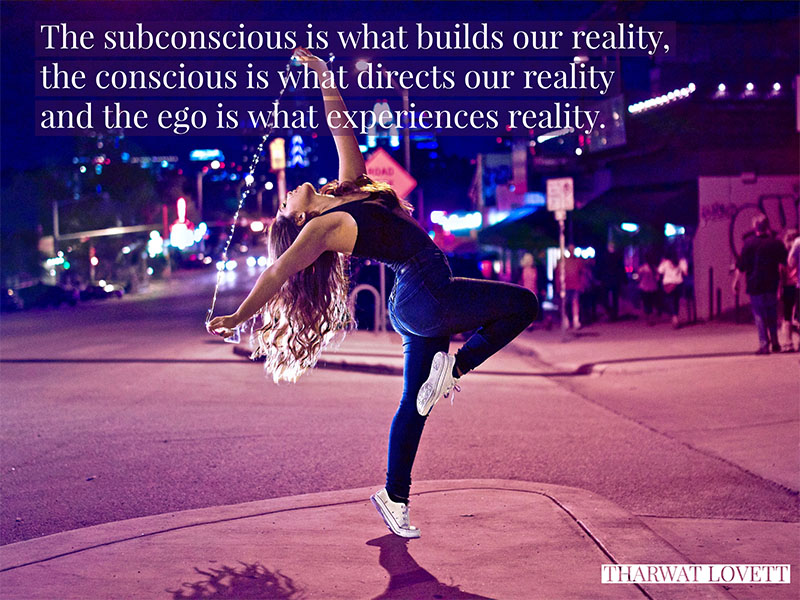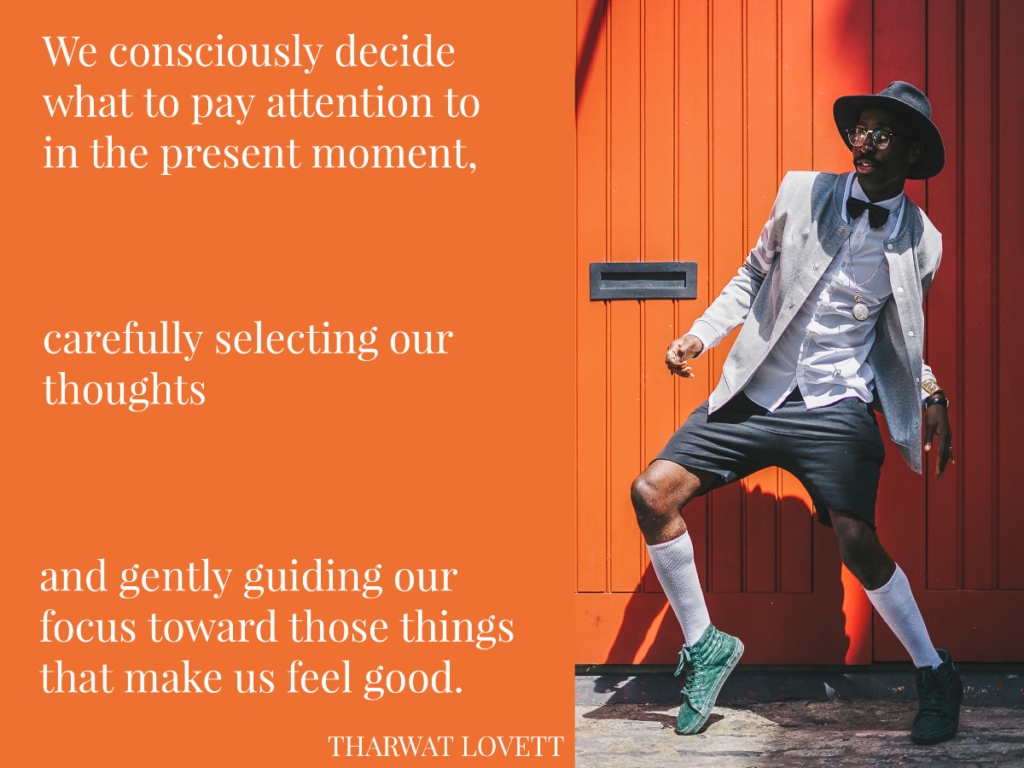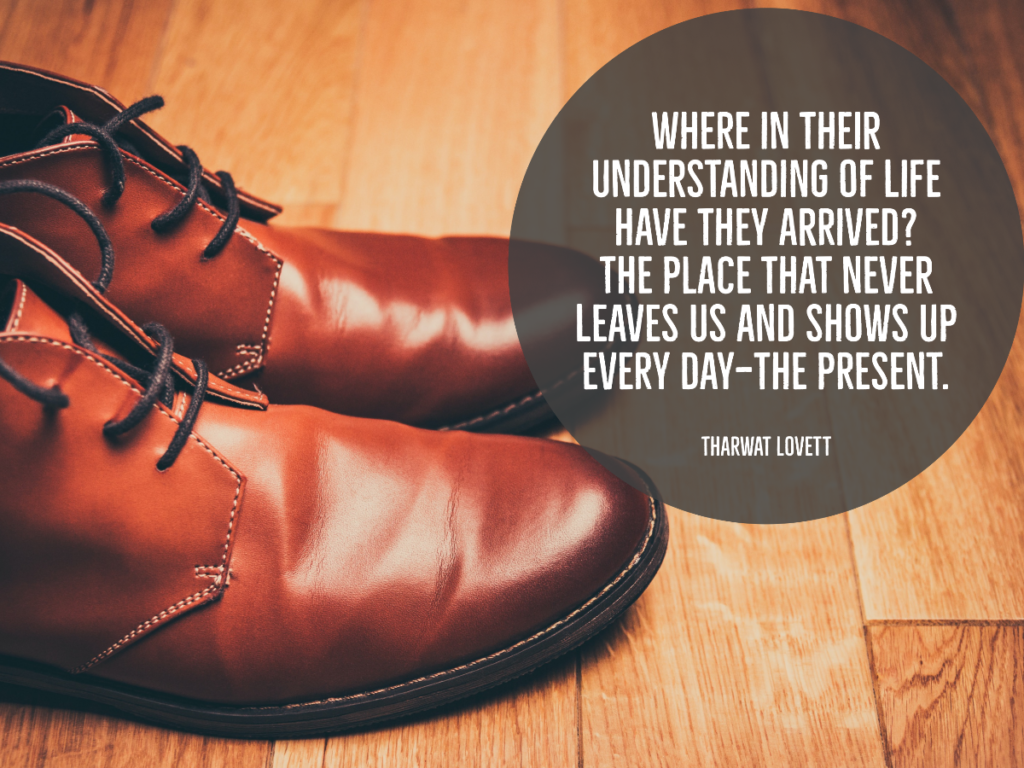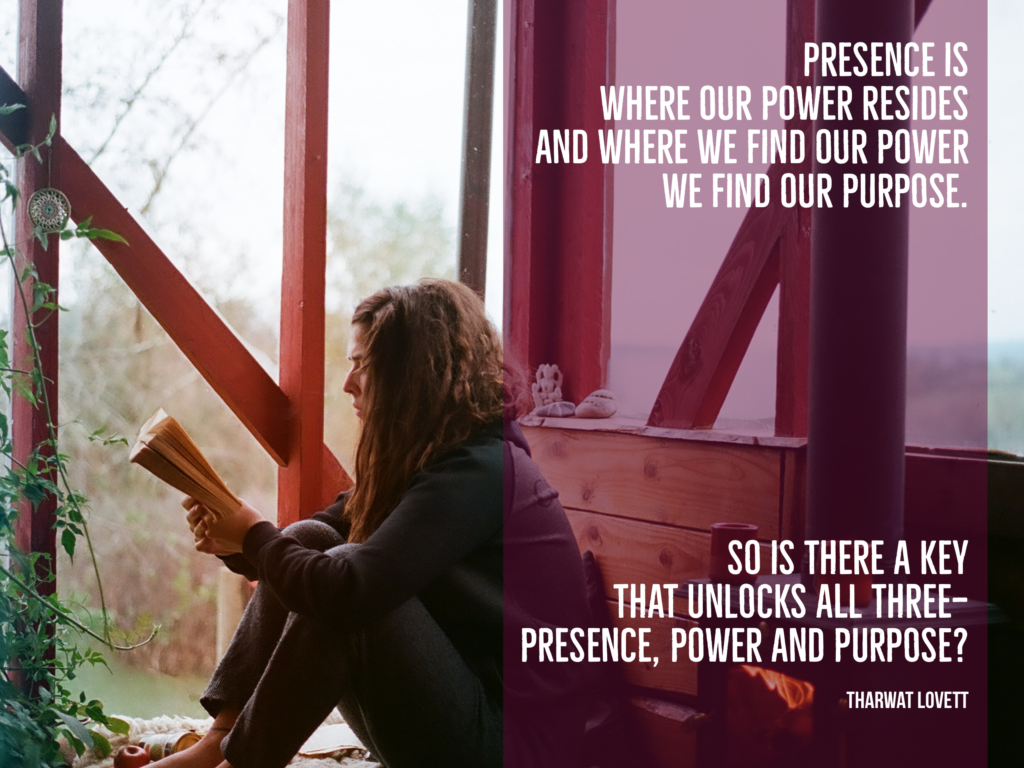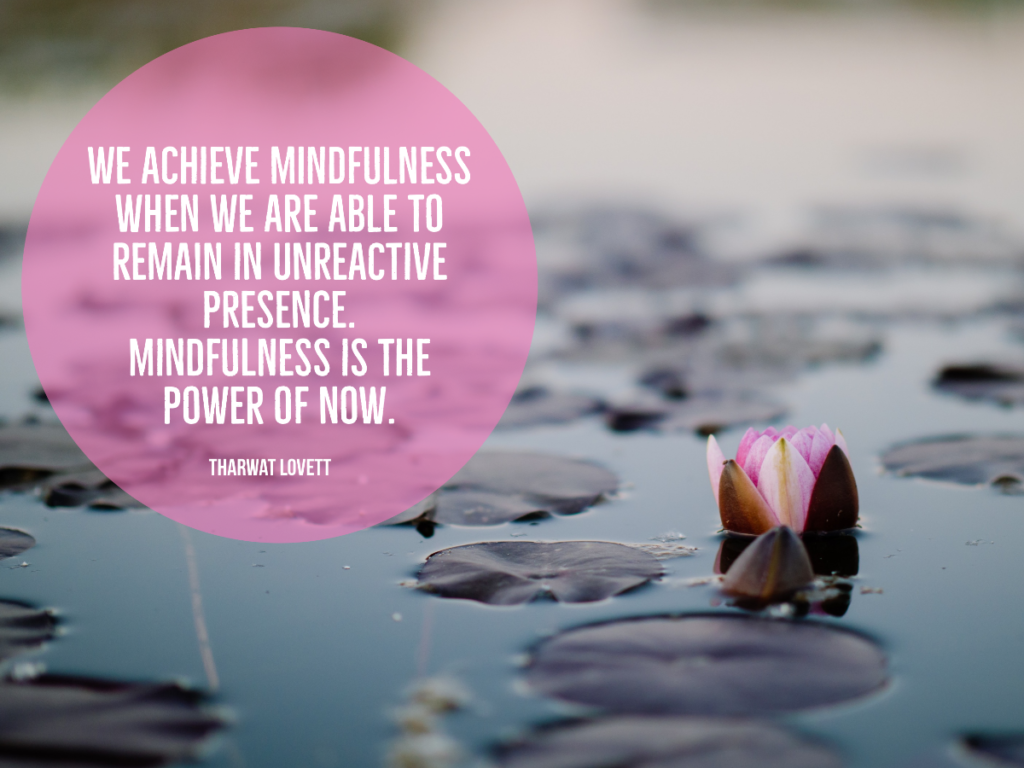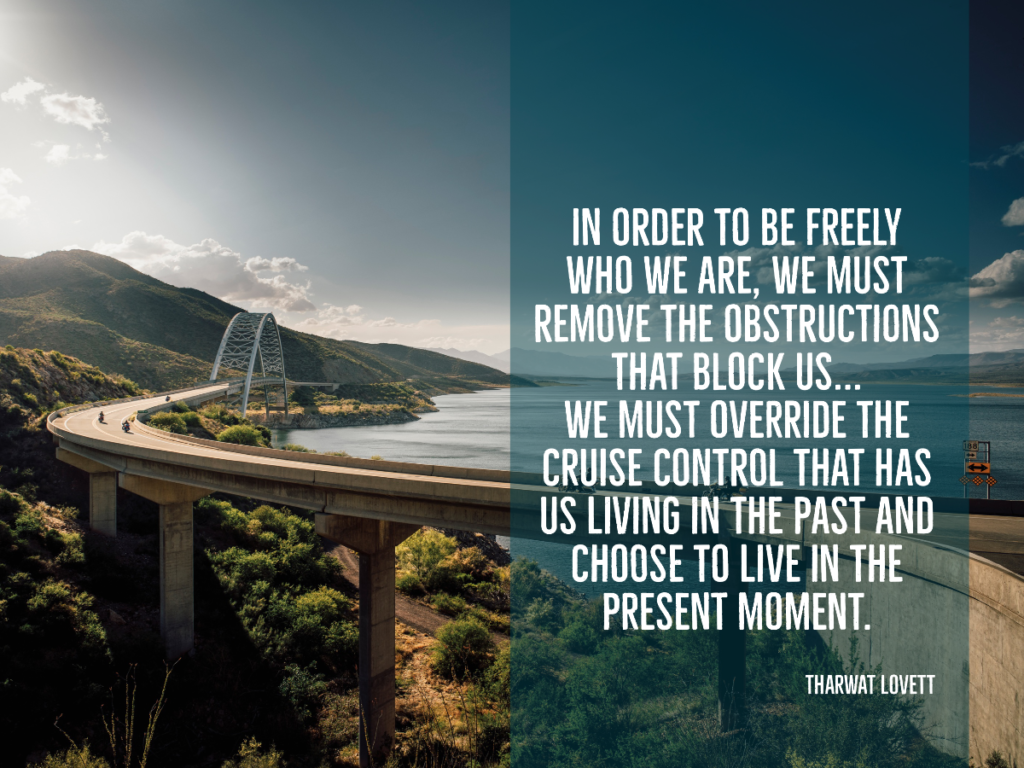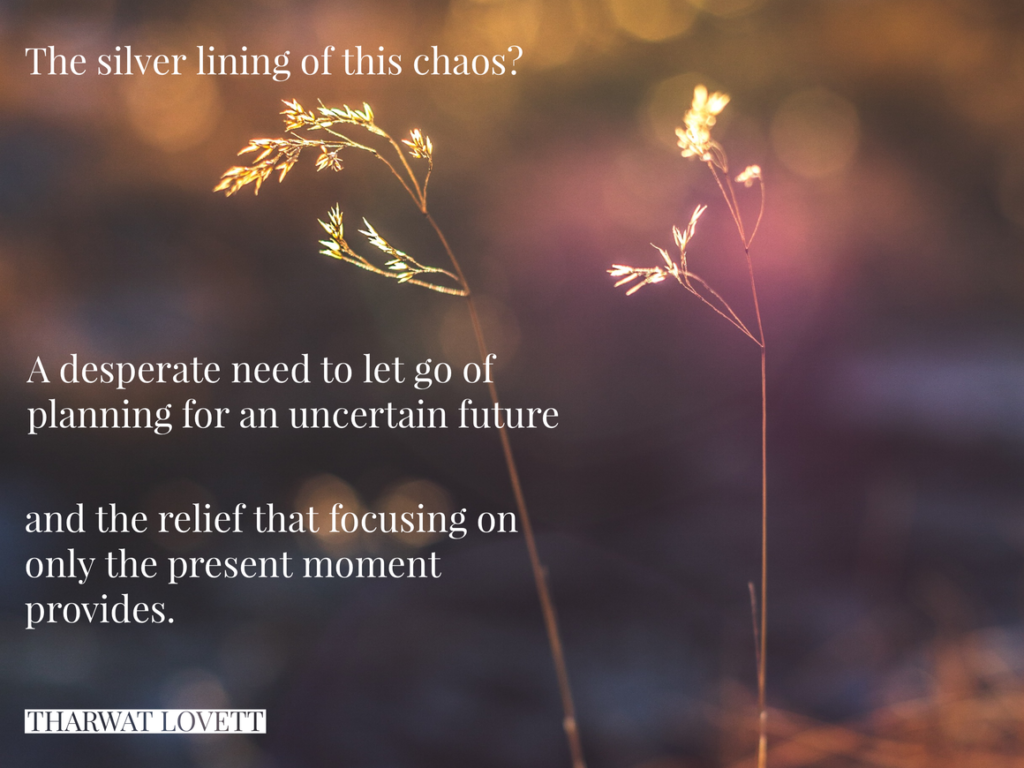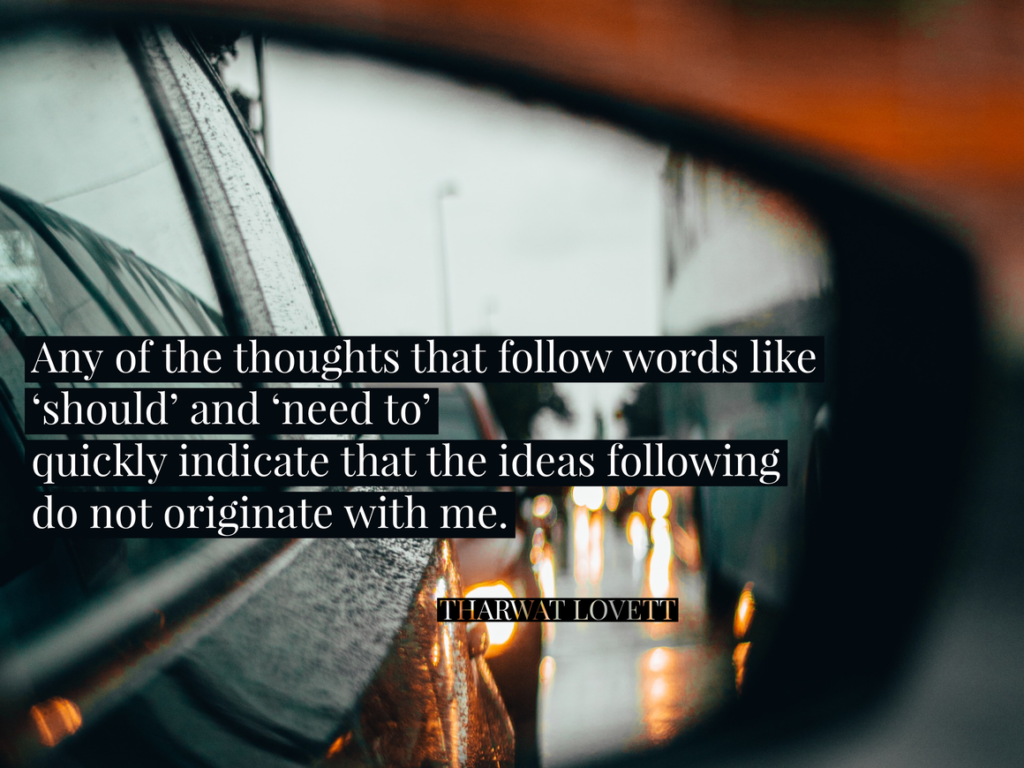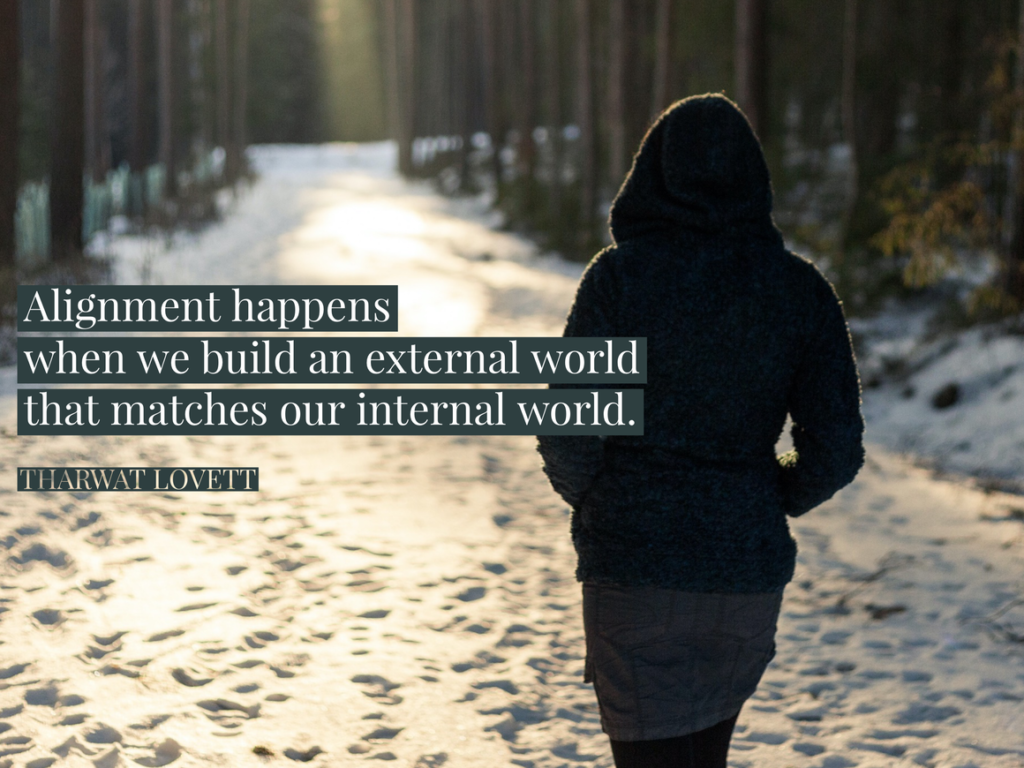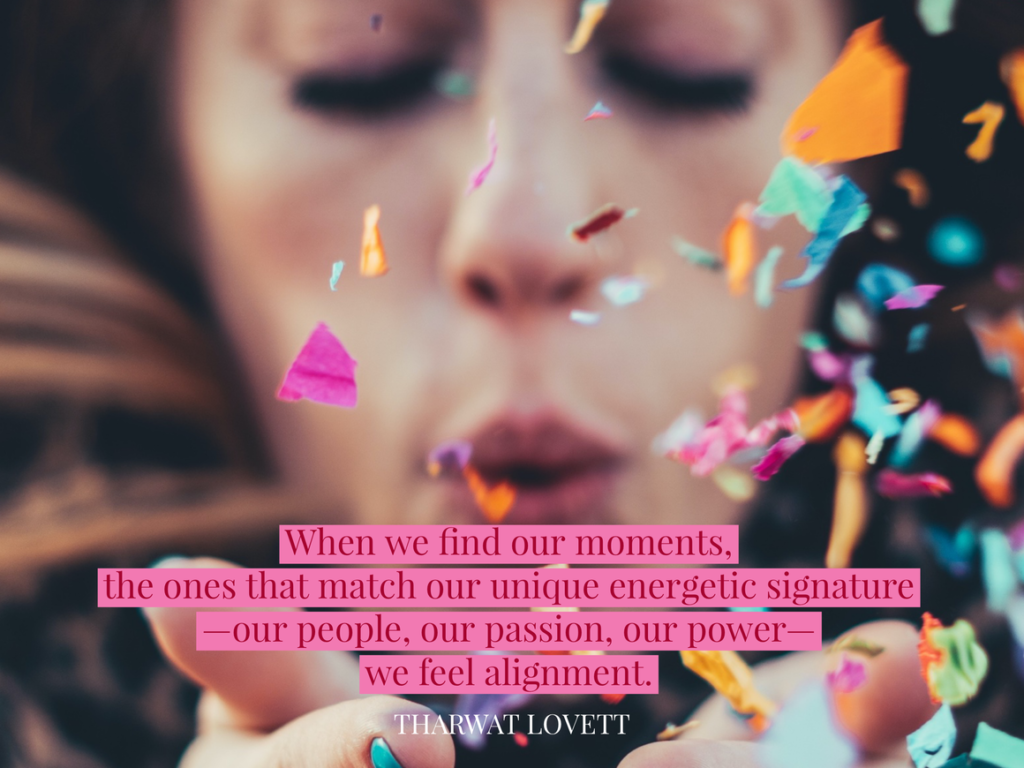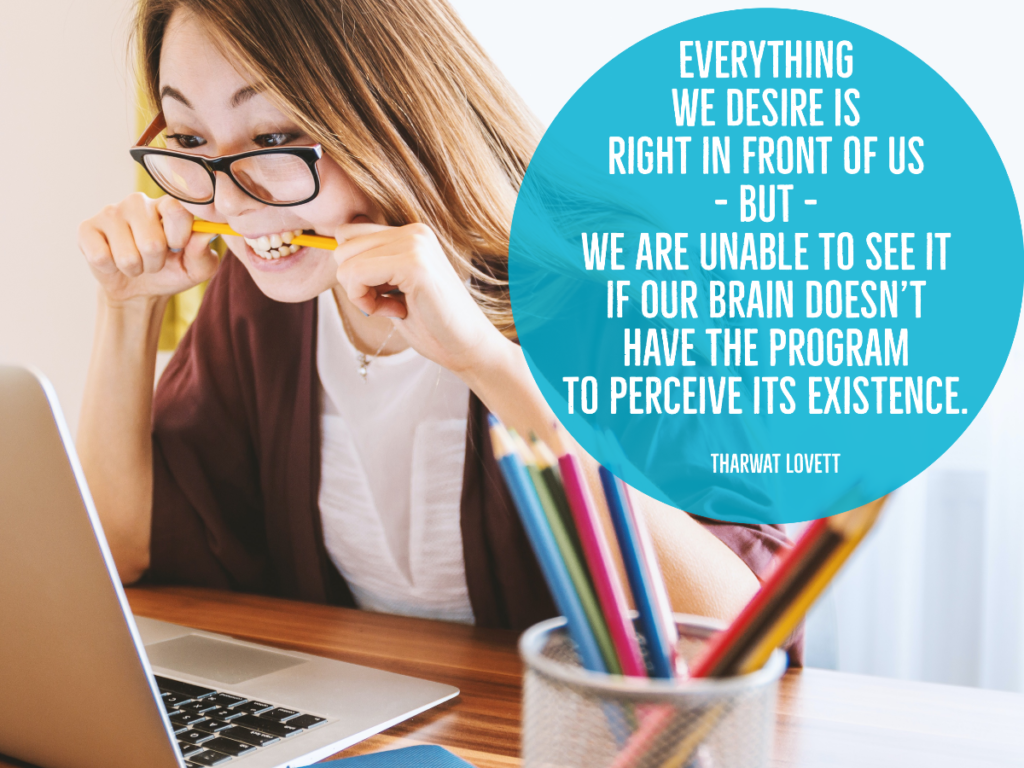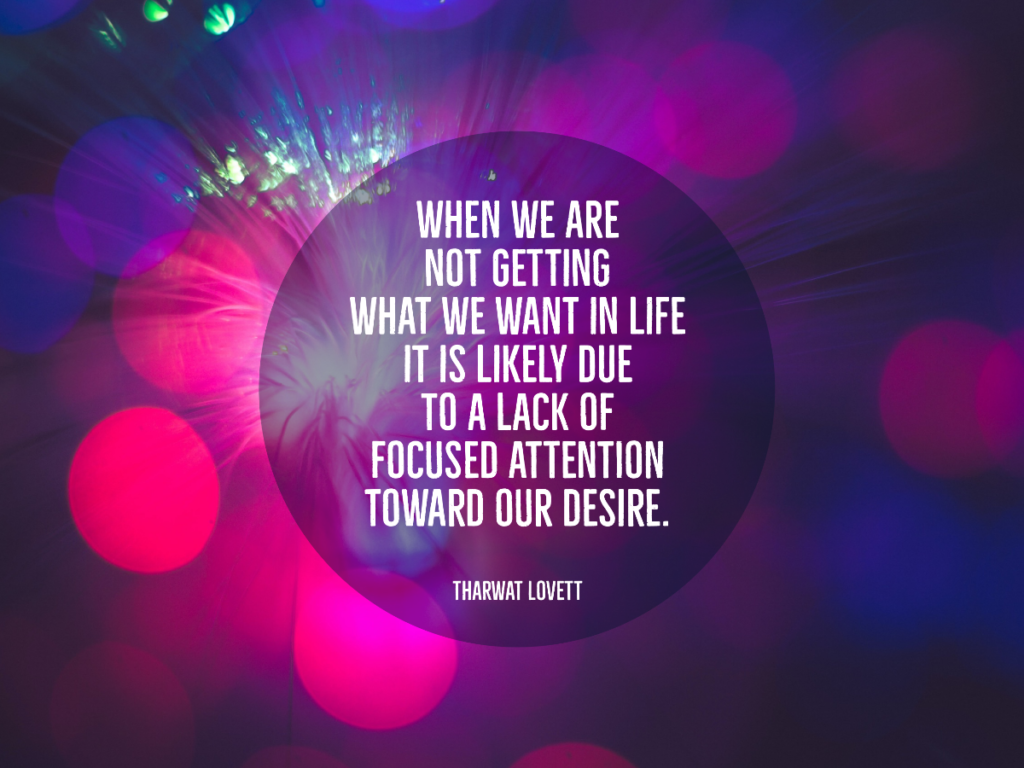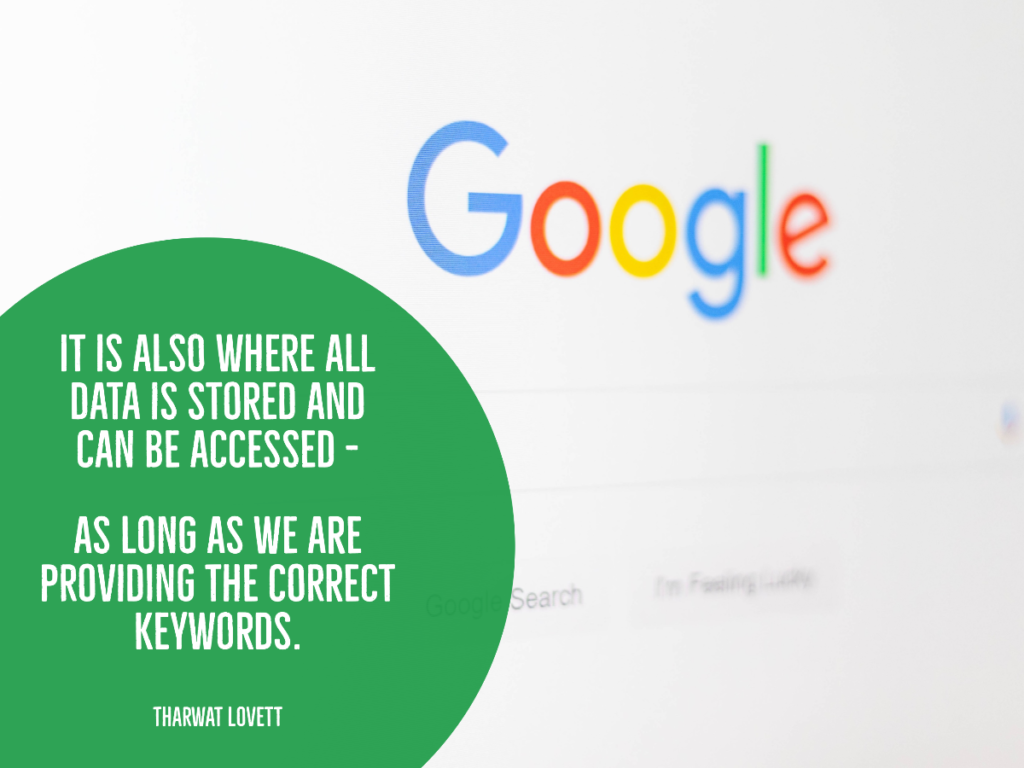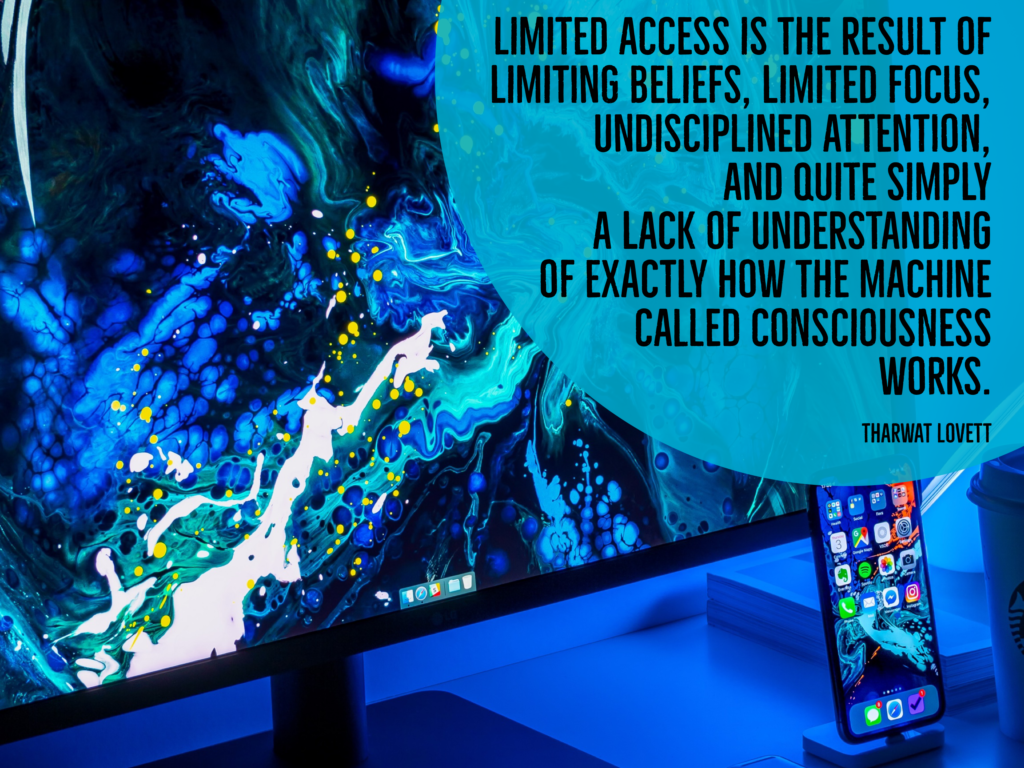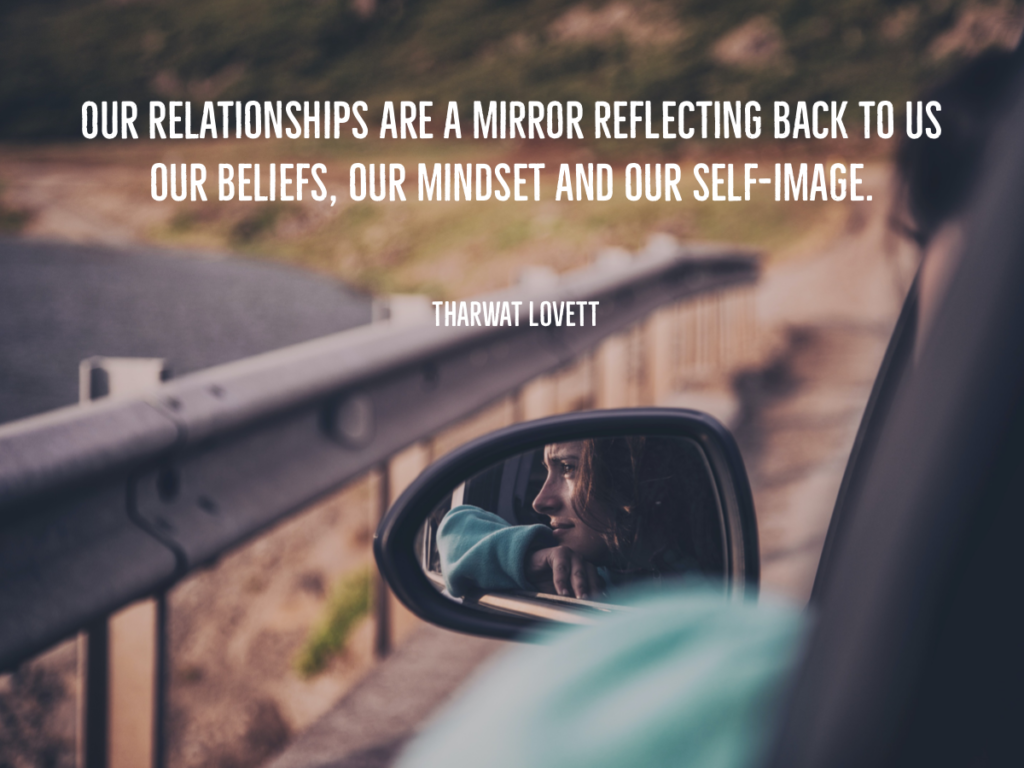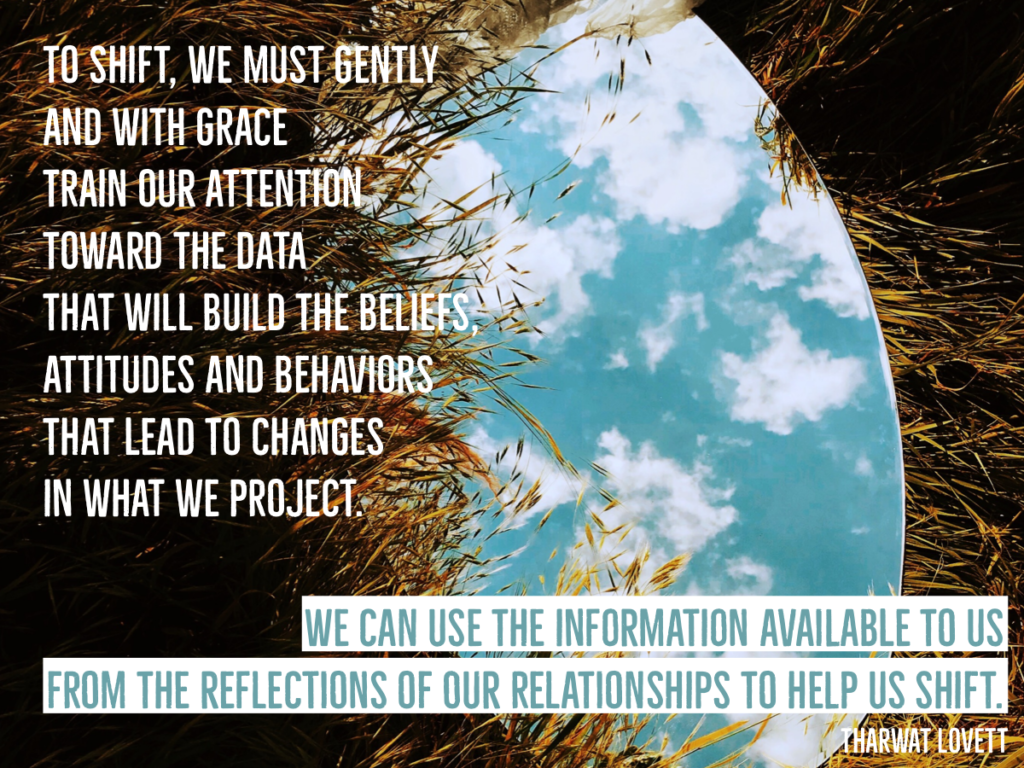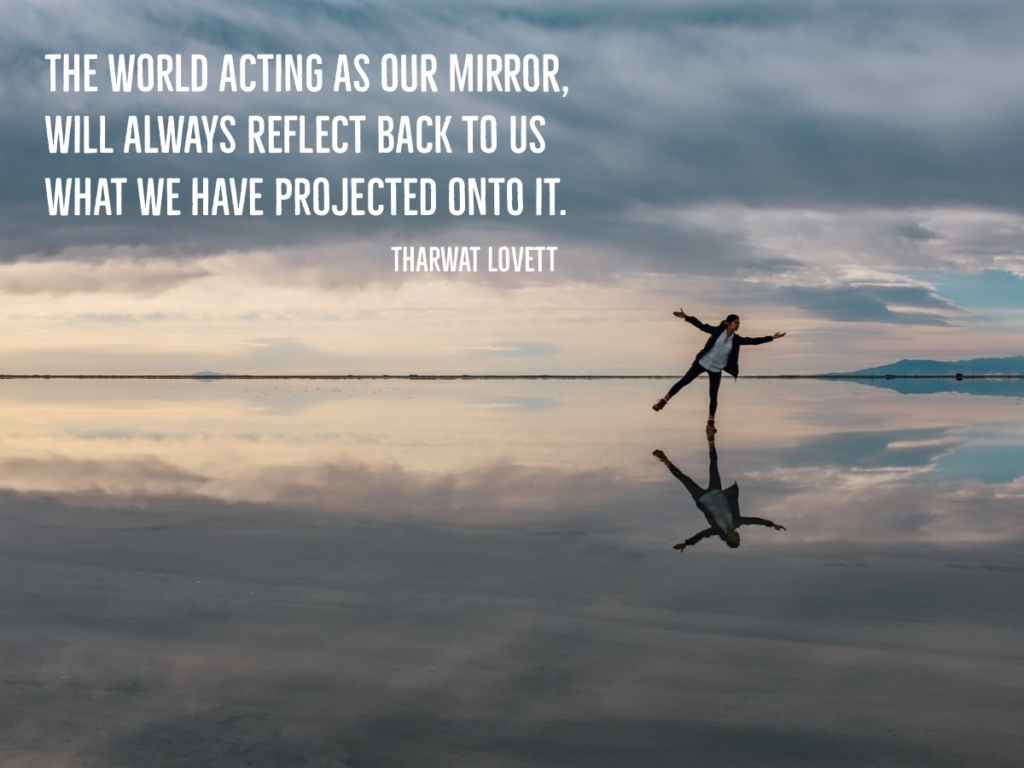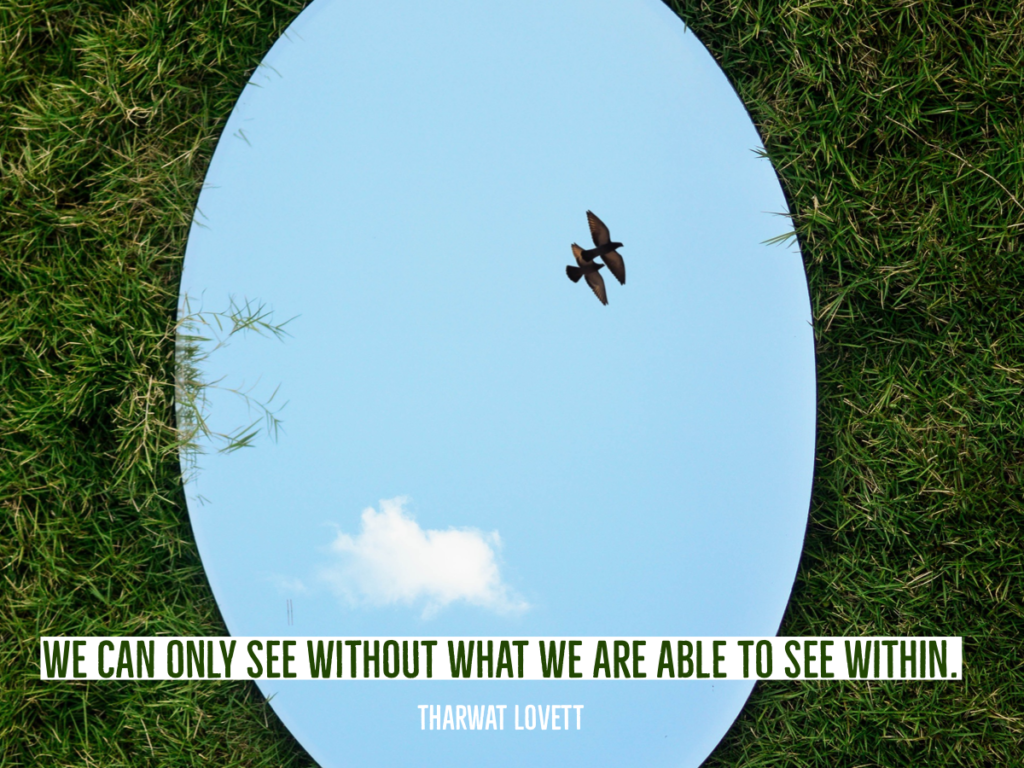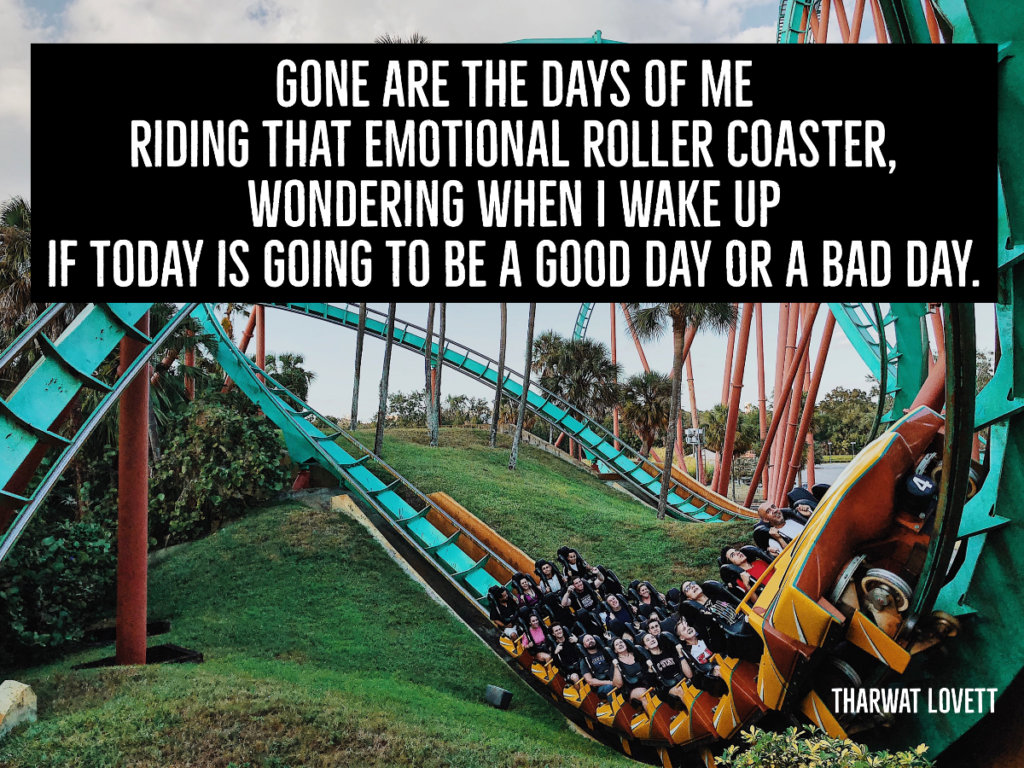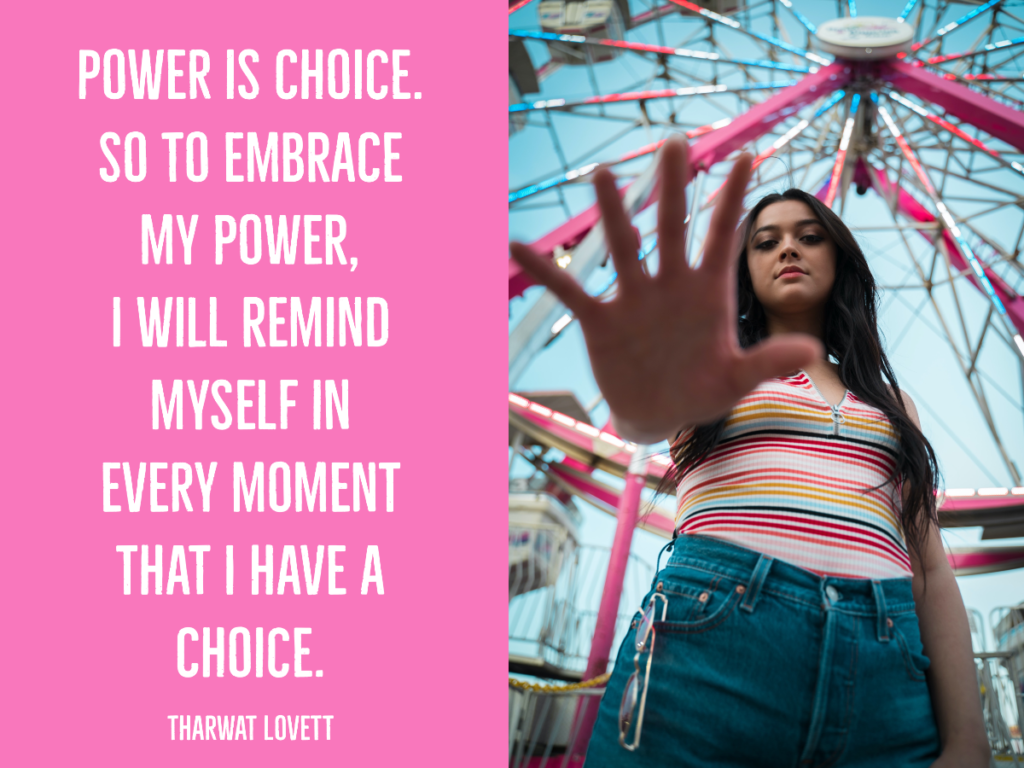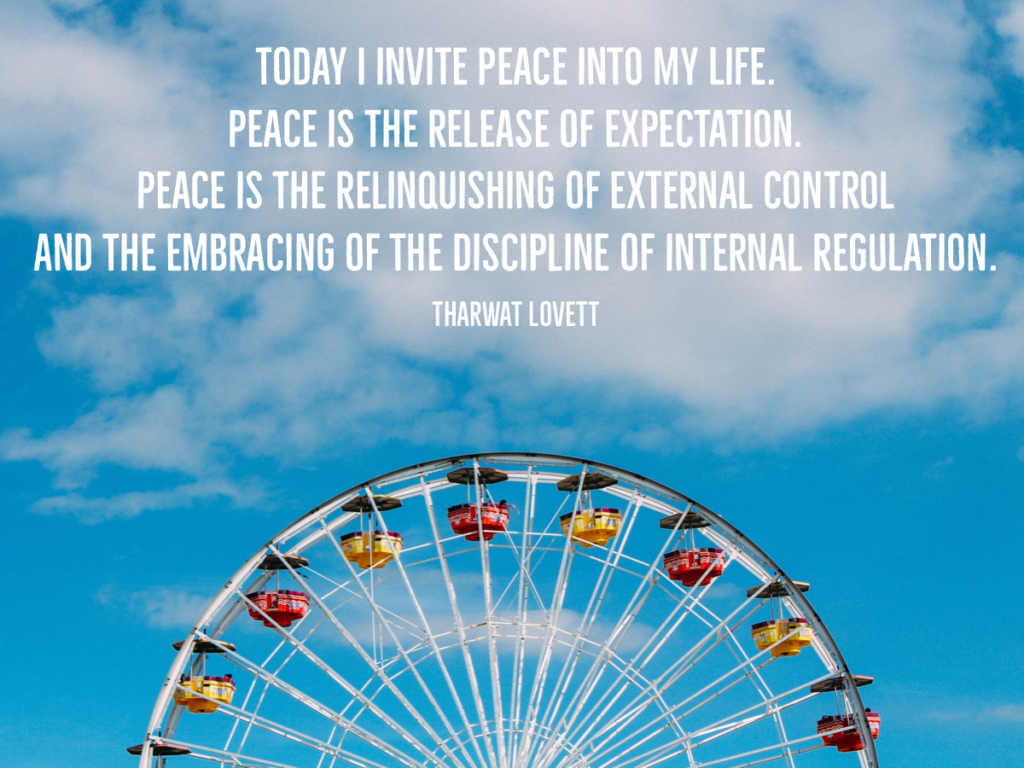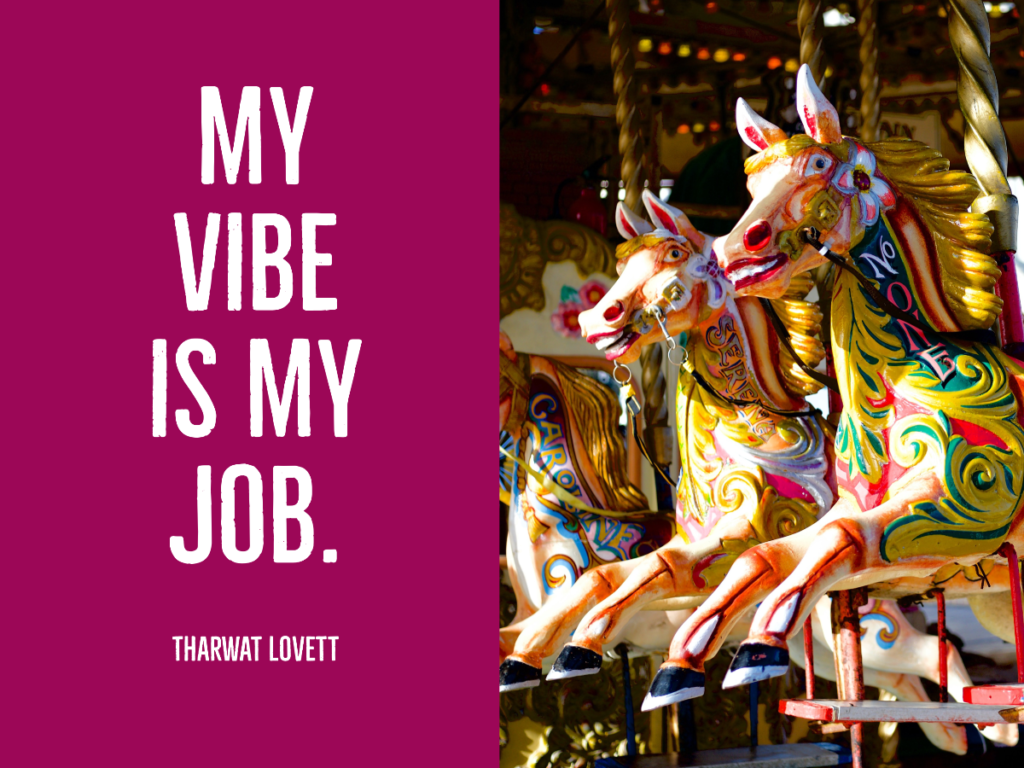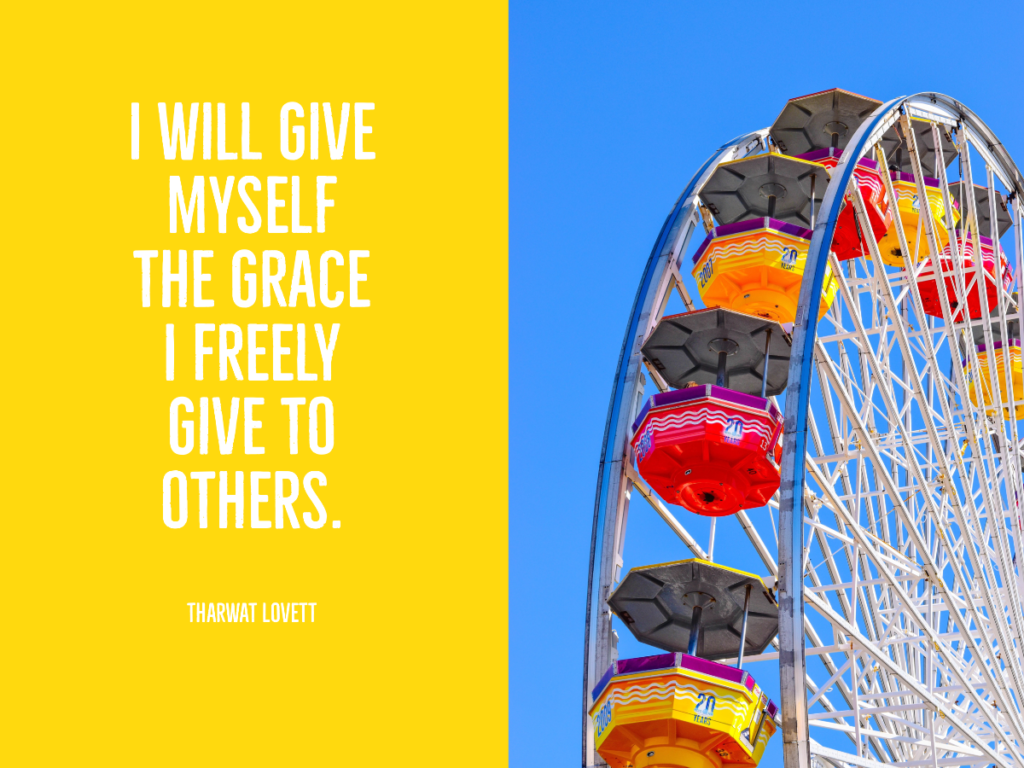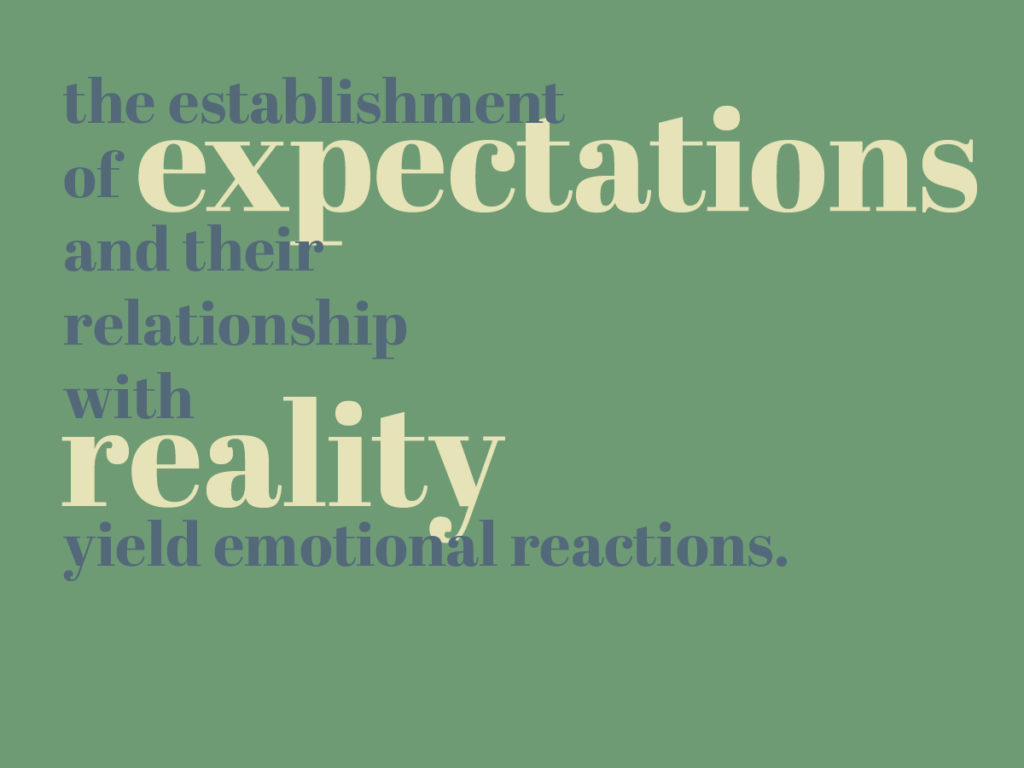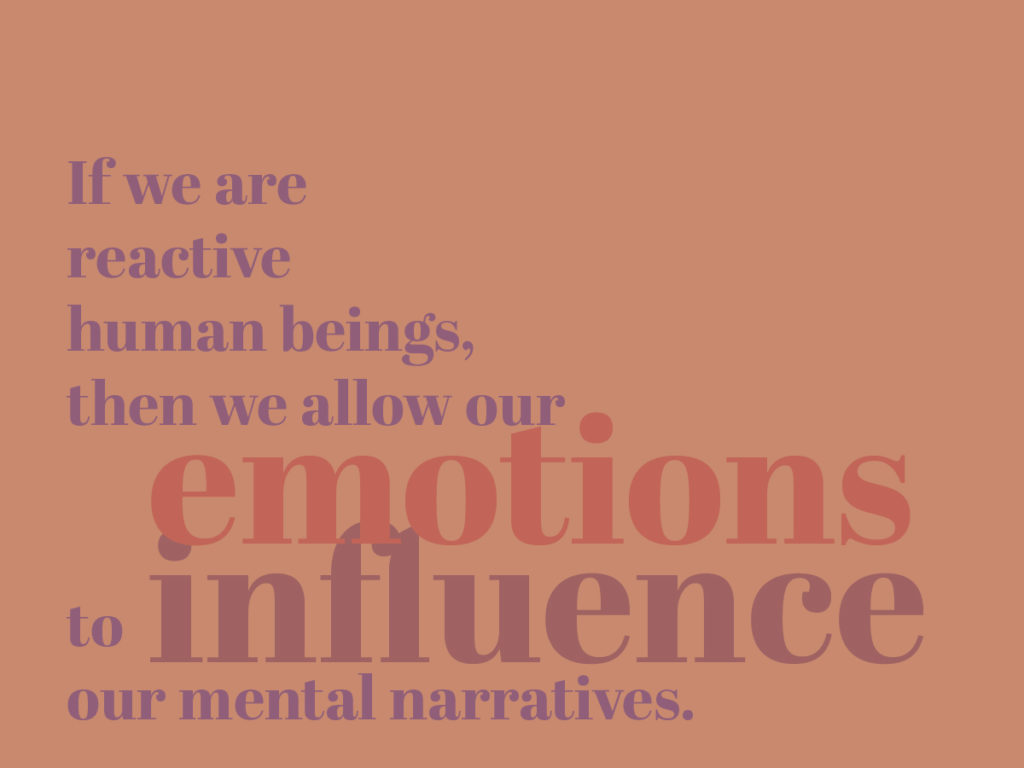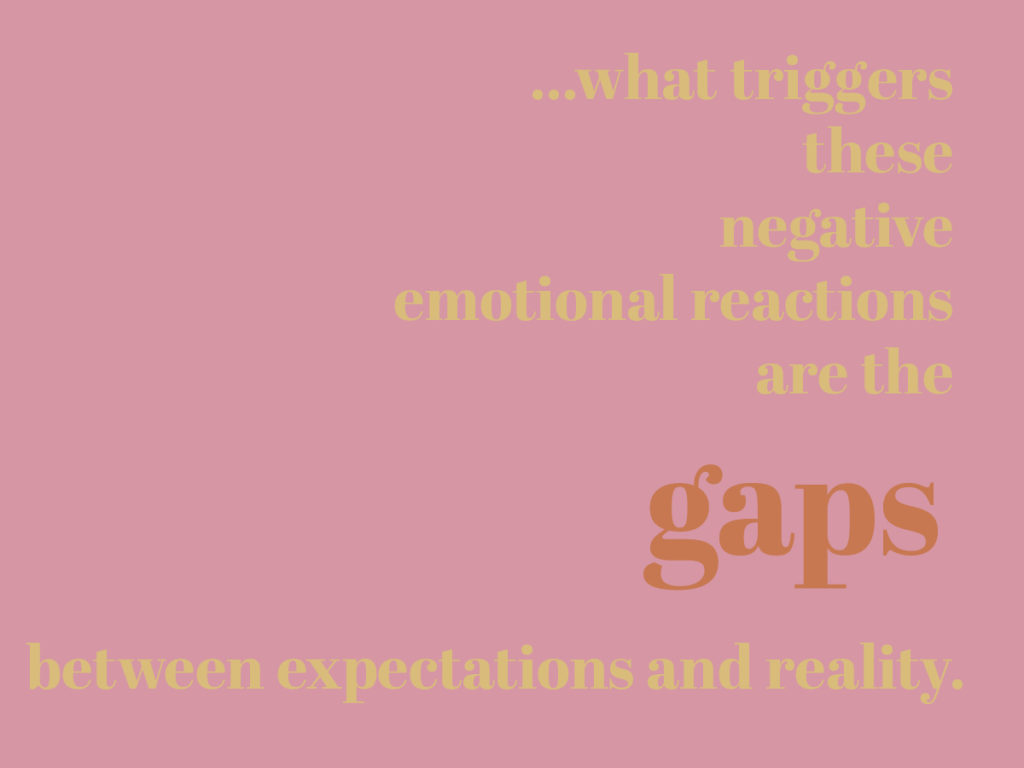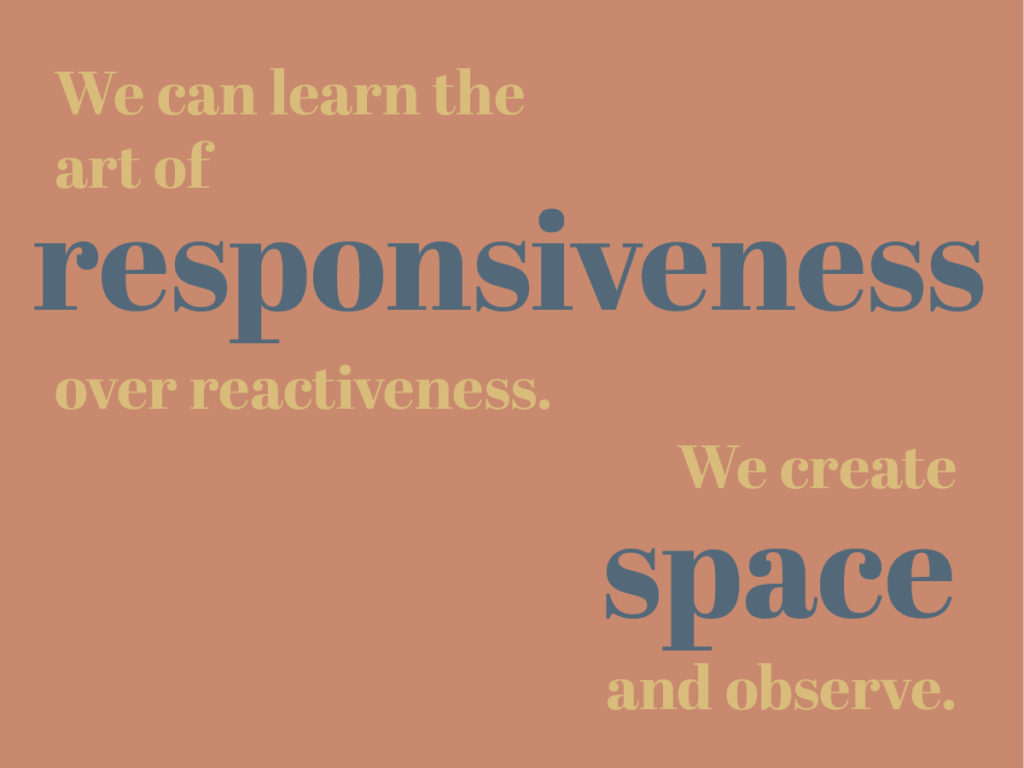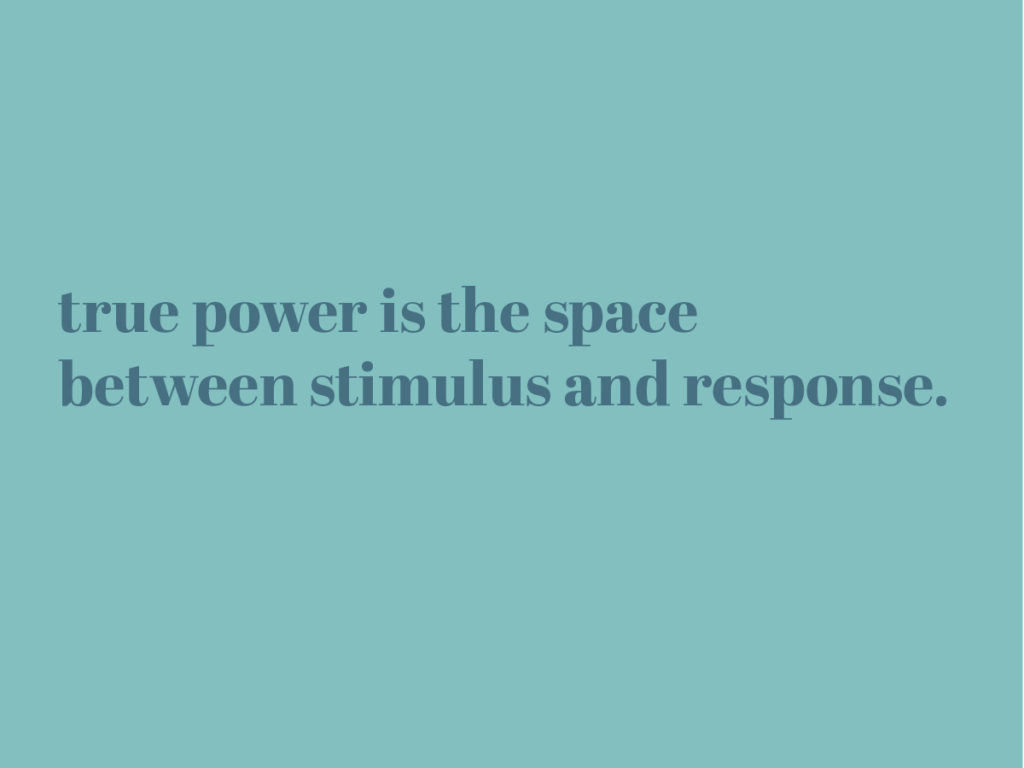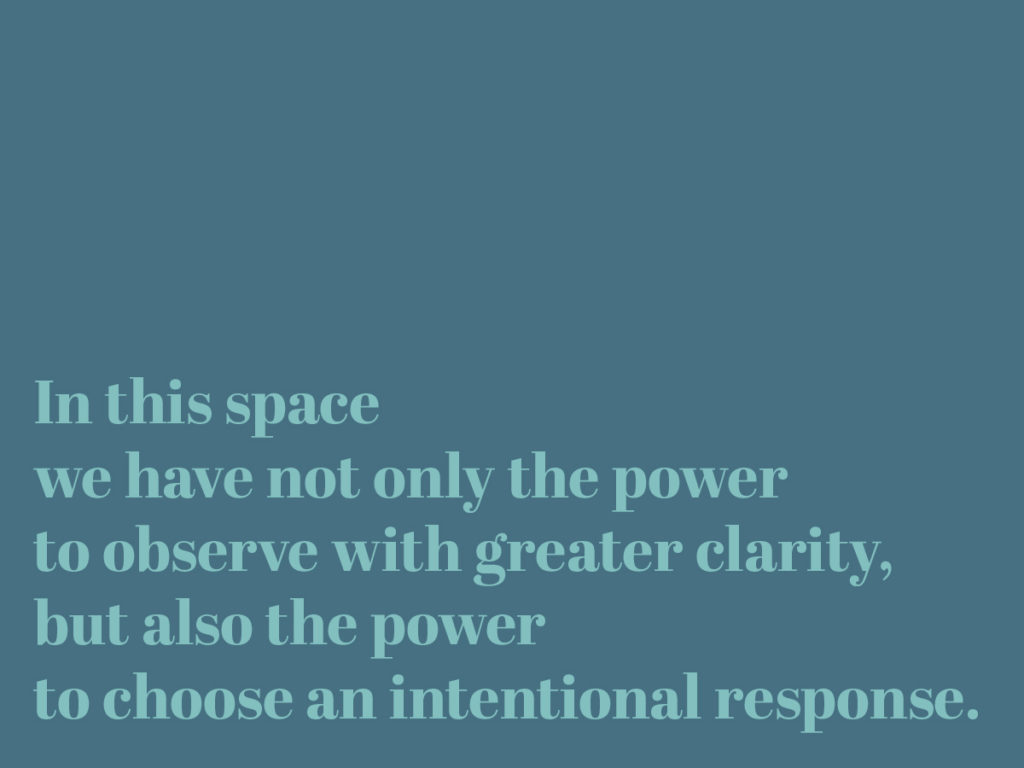“Responsible motherhood is to become a mother not a martyr.”
Glennon Doyle
I am a mother of four children, who was raised by a mother of five children and a grandmother who had seven children. It’s no wonder that I find being a martyr so much easier than being a mother. Most of my maternal models have taught me that being a mother is self-sacrifice and service to others—at one’s own expense. I’ve learned the hard way just how important self-care and self-development is, for me and for my family as well. Being a mother takes a tremendous amount of daily energy. The martyr model is an unsustainable and non-renewable use of energy. Self-care and self-development teach us how to tap into the well, the source of limitless energy, inside of each of us.
Here are some things I’ve learned about becoming a mother instead of a martyr. As you read it, remember: I mess up all the time. We are all going to. Once I realize it, I take responsibility and discuss it with my kids. They need to see me make mistakes and then course correct. Remember, children do not listen to what we say, they watch what we do, taking their cues from our actions.
The list is a little longer than usual, but this is a lifetime journey. I hope that something here will be useful to you exactly where you are today.
1. Love freely and openly.
We love differently as human beings. It is our responsibility to learn how our people wish to be loved then make it a point to meet them there.
2. Communicate clearly.
Even though this seems simple, the number one cause for breakdown in relationships is a failure to effectively communicate.
- Focus on “I” statements rather than “you” statements.
- Use mirroring, or repeating what the other person has said, to enhance communication.
- Speak up about what you are proud of or grateful for—especially the little things. Take every opportunity to share love (even if it’s “thank you for putting one dish in the dishwasher”).
3. Validate feelings, not fixes.
Kids are smarter than we give them credit for. Mothers are fixers. Our kids approach us with problems and we immediately want to help them solve those problems. We are not helping our children by fixing them.
- Problems are something we will all deal with our entire lives.
- Your child’s ability to explore and find solutions increases significantly when you offer emotional support and validation instead of a fix.
- Invalidated emotions demoralize. Validated emotions vanquish.
4. Challenge conclusions.
Life is rarely about what actually happens; it’s far more about the conclusions we draw about what happens. Our conclusions are influenced by our mind’s narrative – the story we tell from our perspective. Our perspective is limited to our point of view, and the narrative in our mind will make or break us.
- Stretch your perspective by considering alternative points of view. Teach your children to do the same.
- We can’t change what is happening, but we can change how we see and understand it – the conclusion we draw.
- By doing this we change the story, alter our experience, and transform our lives.
5. Manage expectations & resist judgment.
When life hands us what we expect, we judge it as good or right. When life hands us something contrary to what we expect, we judge it as bad or wrong. Judgment goes hand in hand with expectation. The gap between expectations and reality is where negative emotion grows. Peace in life comes from handling expectations and judgement:
- Resist the urge to establish an expectation at all.
- If you must have (or insist on) an expectation, take care to not emotionally tie yourself to the outcome.
- Cultivate the ability to lay (good/bad, right/wrong) dualism down. Instead, consider that in life there is only loving and learning. If I am not loving who I am with or what I am doing, I am learning from it.
6. Become aware by observing reactions.
We aren’t aware of the many ways our brain works to protect us. Every person has a unique pattern of subconscious survival defense mechanisms. We only become aware of our own patterns by observing our reactions—both healthy and toxic. Once we become aware, then we have a choice, and choice is where real human power exists. Aside from love, awareness is the greatest gift we can give to our children.
7. Redefine perfection and seek alignment.
We’ve been taught (and unwittingly teach our children) that perfection is a destination and that achievements are the stones that pave the road. Re-conceptualize or redefine what you understand perfect to mean:
- Perfection isn’t a destination, but the state of being in alignment.
- Alignment is when our behavior, thoughts and feelings are allied. What we think, feel and do are all on the same page.
- Living in alignment feels like flow and ease.
- Cognitive dissonance (what happens in our mind when we are not in alignment) is the enemy of perfection.
- It is essential that we find our own alignment.
- It is crucial that we give our children space and support to find their own alignment and understand that as the definition of perfection.
8. Listen and live authentically.
Each of us has our own energetic signature—our song vibrating on its very own frequency. We need to listen to that song and make sure our life and the people in it harmonize. That is authentic living. And, we cannot assume our children’s song is identical to our own. We must learn to hear and honor the songs of our loved ones too.
9. Know and speak your truth.
As we practice living authentically in alignment, we come to know our truth. Our truth is that which honors who we are.
- Our truth allows us to live our life with doors wide open—nothing hidden, nothing held back.
- There is no judgment of that which is not a match to our truth. Acceptance is the byproduct of authenticity.
10. Teach others how to treat you.
No one can read our mind or automatically understand us. As we understand our truth, we become better equipped to communicate that to others. We recognize what our needs are and then educate those around us; teaching others how to treat us is our responsibility. When we respect and love ourselves, we show others how to respect and love us too.
11. Practice presence.
It is easy to get lost in the past or the future, which feeds anxiety and depression. We will never have power or choice over what happens in the past or future. We only have power over what we are experiencing now, so we must settle our mind in the present moment and model that to our children.
12. Take time to rest.
In a world that overstates achievement, it is easy to lose ourselves in everyday survival. We all know work is productive, but what about rest? We honor and live our truth by resting when our body, soul and mind ask us to. Our children need to see us rest just as they need to see us work.
13. Give yourself grace.
Glennon Doyle tells us we must learn to identify the language of indoctrination: should, need to, have to, good, bad, etc. These words trigger a mind that is polluted with conditions and expectations. The mind will hold our feet to the flame, demanding perfectionistic ideals. The imagination, however, is a storyteller. The mind fears while the heart imagines. We give ourselves grace by recognizing when the mind is trying to control something better left to imagination. Grace allows us to let go of expectations of others, and more importantly, ourselves.
